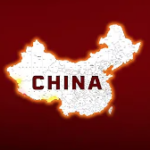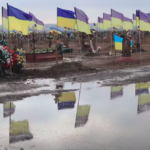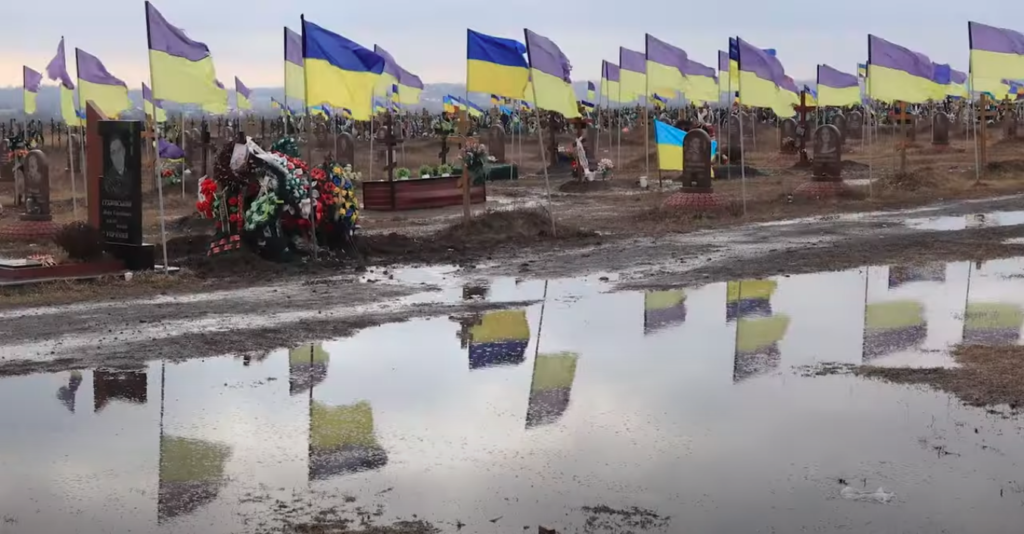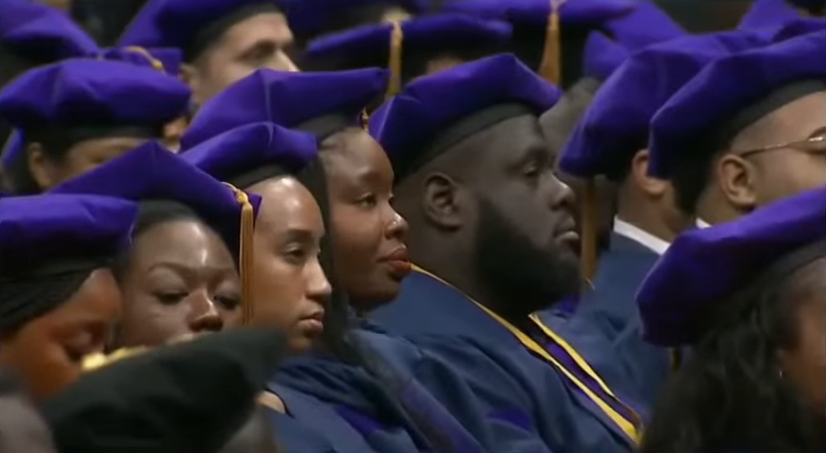It is not about politics. It’s not about the eternal struggle between Chinese pseudo-communism (with the capitalist tinge) and American pseudo-capitalism (with the neo-Marxist face). It’s all about raw materials and semiconductors.
Last week, a meeting took place between US President Joe Biden and Chinese President Xi Jinping. Among other things, it was agreed that contacts between the US military and the Middle Kingdom should be resumed.
It should be remembered that the military dialog was broken off following the visit of Nancy Pelosi (then Speaker of the House of Representatives) to Taiwan at the beginning of August last year. This was the first visit by such a senior US politician to Taiwan in 25 years. China protested strongly against the visit and even threatened the US with a military response. Well, Biden’s team has always behaved like a bull in a china shop when it comes to diplomacy (see the flight of US soldiers from Afghanistan and their approach to Russia).
Although a few gestures are now being made after the meeting between Xi and Biden that could indicate a de-escalation in mutual relations, the war on the semiconductor front continues. In the middle of the year, for example, China decided to restrict exports of gallium and germanium, two important raw materials for the semiconductor industry. This was in response to the American decision to deny China access to the equipment needed for chip production. Incidentally, China is the world’s leading producer of gallium and germanium. The Middle Kingdom controls no less than 98% of the supply of gallium and 68% of the supply of germanium.
In October, Joe Biden’s administration announced that the United States would shorten the list of semiconductor types that US companies are allowed to sell to China. With this move, Washington wanted to further cut off Beijing from chips, which triggered an immediate reaction in the Middle Kingdom. This time, however, China decided to strike on a different front by announcing a restriction on the export of graphite, a raw material that is essential for the production of batteries for electric vehicles, among other things. It is worth remembering that China controls 2/3 of the world’s graphite supply. This raw material is the largest component of electric car batteries by weight. Each vehicle contains an average of 50 to even 100 kg of graphite. That is about twice as much as lithium, the processing of which is also controlled by the Chinese worldwide.
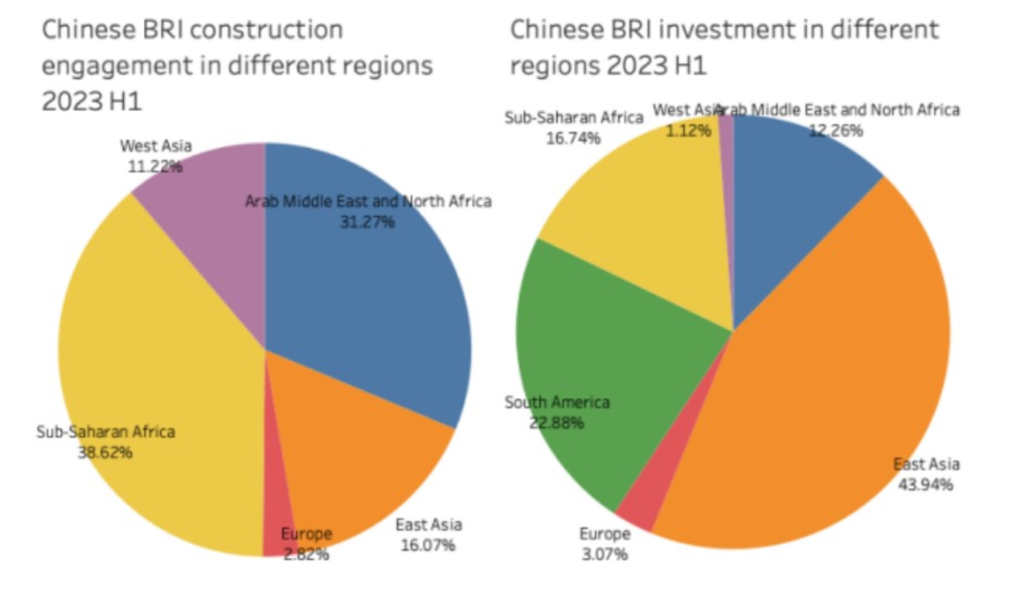
Quelle: constructafrica.com
Since many of the raw materials that are indispensable for the green revolution preached by Western decision-makers are mined in Africa, China has been focusing on colonizing the Dark Continent with the help of cheap loans and direct investments since the New Silk Road initiative began in 2013. The regimes of black dictators are happy to go into debt to their Chinese friends because they don’t talk about human rights and environmental protection. Meanwhile, Americans are investing billions in AI and high-tech, which cannot function without Asian and African raw materials. They disregard the potential collapse of supply chains that has been underway since the start of this trade war and which the Chinese can exploit as a weapon.

